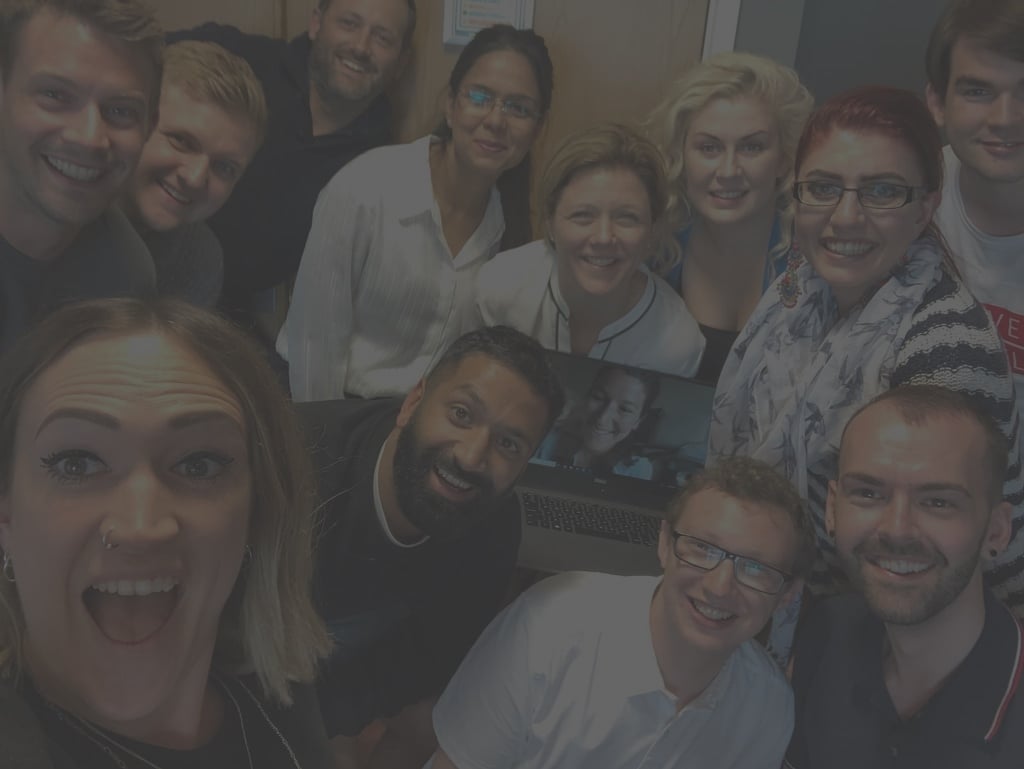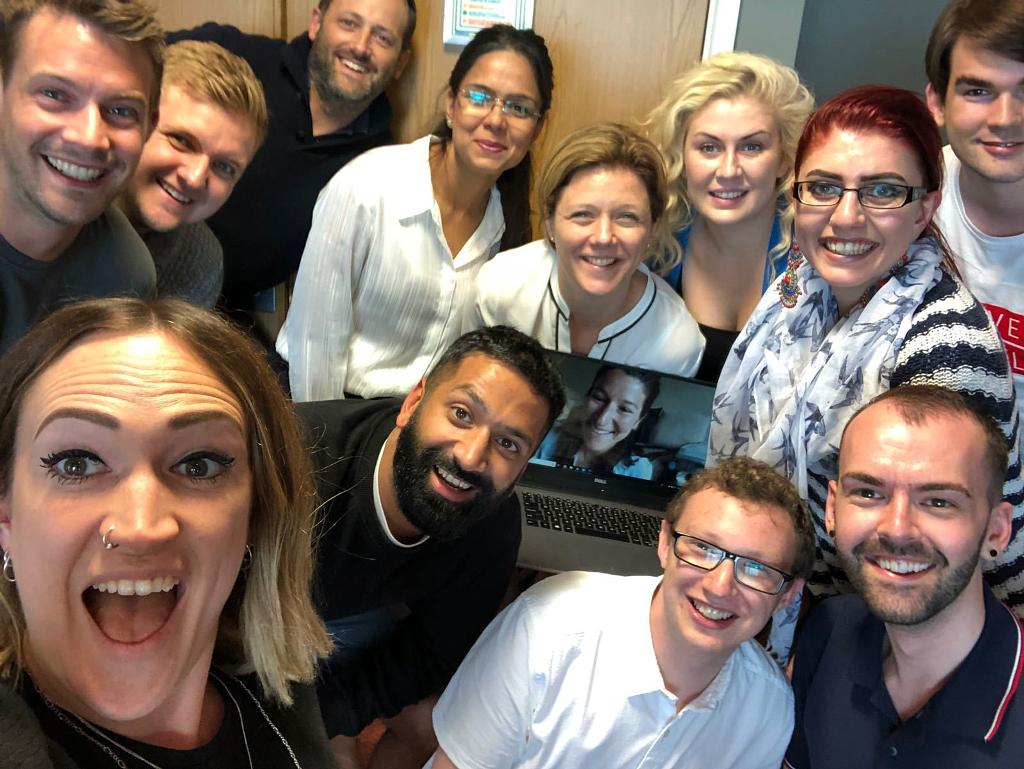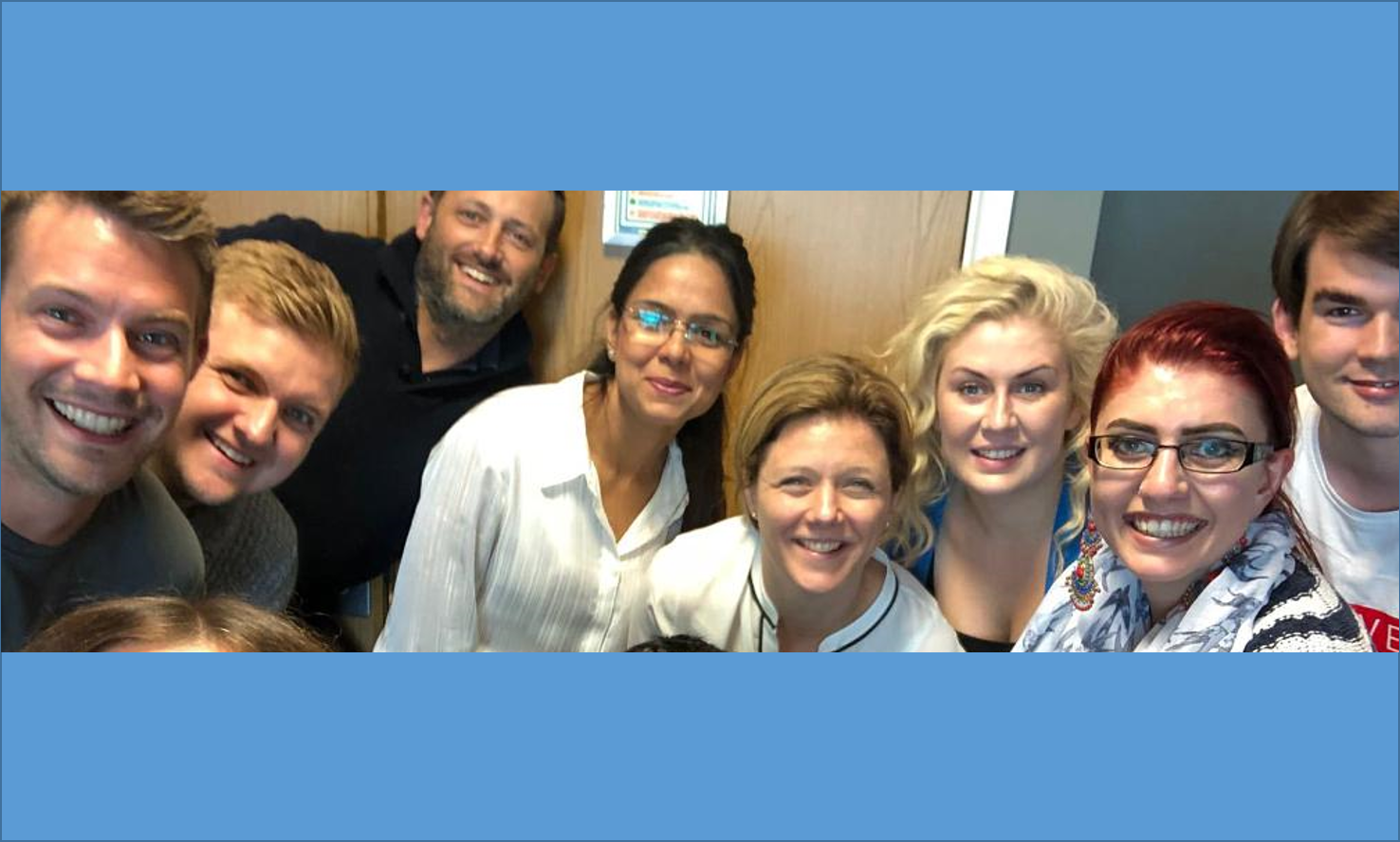Alfred Essa, VP, Analytics and R&D at McGraw-Hill Education, tells Jeff Frick, Host of tech interview show theCUBE, how data and analytics is revolutionizing education provision
Data and analytics leaders must take steps now to avoid repeating the mistakes IT leaders made in the 1980s. Or at least, that’s what Alfred Essa, VP, Analytics and R&D at educational content publisher McGraw-Hill Education, argued during Corinium’s 2018 Chief Analytics Officers Spring conference.
While speaking to Jeff Frick, Host of tech interview show theCUBE, he argued that these executives must target business process change to ensure their investments translate into productivity gains.
“There was a sort of paradox in the 70s and 80s when it comes to technology, and I think we have something similar going on [now],” he said. “Economists noticed that we were investing [billions of dollars] into IT. But there were no productivity gains.”
“Just investing in technology in itself is not sufficient,” he continued. “We are at the cusp, where people are recognizing that technology can make a difference. But it’s not technology alone.”
The Future is Transparent and Open Source
Businesses may need to change in order to make the most of data-driven technologies. But data scientists are already changing the way they think about the competitive advantages that support their businesses.
Frick noted that the old model of closed IP systems is being crushed by communities that are embracing open source technologies. Essa agreed that this kind of sharing is good for everyone, as it accelerates the pace of innovation.
“How can we entice, lure and collaborate with the best and brightest?” he asked. “One of the ways we are doing this around analytics and data and learning science is, we have put together an advisory board of learning science researchers.
“These are the best and brightest learning science data scientists. They are on our advisory board and they give us guidance on our research portfolio.”
However, Frick also argued that data scientists have a duty to ensure that data-driven tools work in a transparent way. What’s more, he claimed that this transparency could become a competitive advantage for companies that are able to achieve it.
“I sort of think of it as gears in the block box,” he said. “What we should be able to do is allow our customers, academic researchers and users to understand what the gears do and how they work.”




